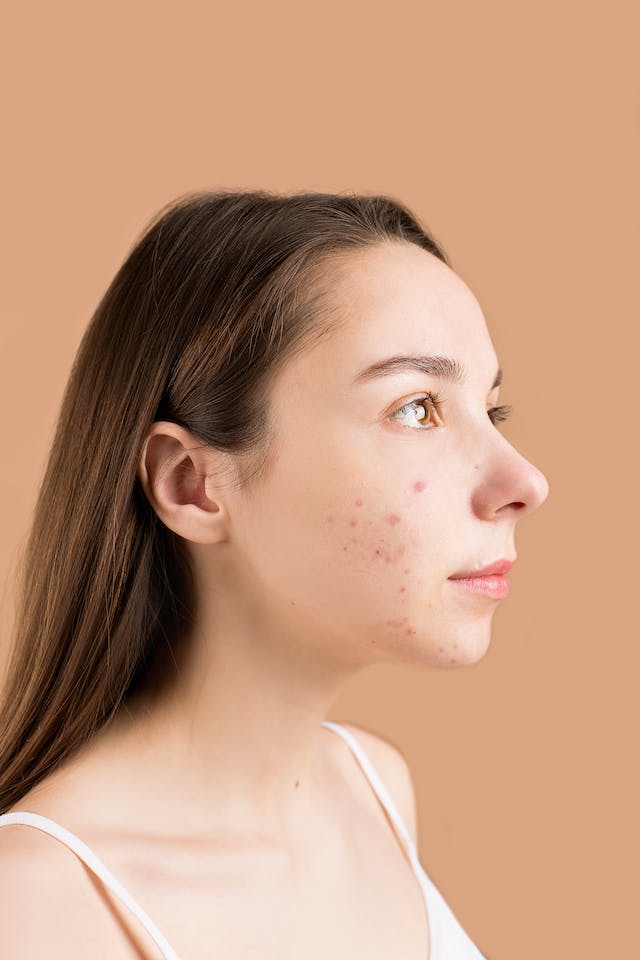If your skin tends to break out or if you are generally prone to having acne, using a moisturizer is probably the last thing you have on your mind. You might think that it would worsen your skin’s oily and greasy nature, but proper hydration goes a long way in enhancing your skin’s appearance and health in the long term.
With that said, if you have oily skin, it is crucial to moisturize the right way. Here are a few tips that will help you have flawless, moisturized, and acne-free skin.
1. Apply a moisturizer with SPF
If you tend to be outdoors a lot, it would do wonders for your skin if you constantly wear sunscreen. Since the face is the most exposed part of the body, making use of non-comedogenic moisturizing sunblock even on cloudy days is the way to go if you want to reduce your chances of conditions, such as skin cancer. Notably, people who supplement with topical vitamin A will find their skin to be even more sensitive to sunlight.
2. Choose the right Non-Comedogenic/ Non-Acnegenic Moisturizers
Picking the right non-comedogenic moisturizer will safeguard your skin from blackheads, whiteheads, and acne. Before purchasing these kinds of products, the beauty experts at kryzuy.com/best-non-comedogenic-moisturizer/ recommend checking the labels on a moisturizer before you make your purchase. For oily skin, products are lighter and get absorbed faster than those made for dry skin types. This way, you won’t have to worry about having clogged pores or greasy skin that would exacerbate your acne. It is worth noting that you can find these moisturizers easily and that they’re generally cost-effective. All you need to do is ensure that the one you pick is approved by the FDA.
3. Select an oil-free moisturizer
Given how beneficial an oil-free moisturizer is for a person with acne, it makes sense for you to select one that is water-based and formulated especially for acne-prone skin. Also, check the label to see if it contains ingredients, such as mineral or coconut oils that may cause breakouts in certain people. You can further pick out a moisturizer that contains benzoyl peroxide or salicylic acid as it maintains the skin’s moisture balance and keeps acne in check. Moreover, glycerin is another desirable substance to have in a moisturizer because it doesn’t irritate the skin.
4. Make use of a milder moisturizing lotion
For skin that is prone to breakouts, it makes more sense to use a lotion or serum-based moisturizer. This is because the cream moisturizers have a lot more fats and oils. If the skin is both acne-prone and flaky, you can try a non-comedogenic cream.
5. Use moisturizing products after acne treatment
Products, such as tea tree oil, prescription treatment like retinol, and benzoyl peroxide cream can be great for treating acne inflammations. Once you apply them and let them do their work, you need to follow up with a moisturizing cream. For acne-prone skin, this helps in reducing the dryness or flakiness associated with certain acne medications. Putting on the moisturizer after the acne treatment is especially essential given how the medication needs to be absorbed into the skin without any interference from the moisturizer.
6. Choose moisturizers that also treat acne
If you are successful in finding a product that simultaneously treats acne and moisturizes your skin, that would be beneficial for your skin. However, if you’re not so lucky on your hunt as an adult with acne, dermatologists recommend using a moisturizing treatment gel.
The substances it contains, such as salicylic acid, benzoyl peroxide, retinol, etc. can help soften your acne-ridden skin. Aside from this, overusing your moisturizer, no matter how good it is, can cause your skin to feel itchy. Caution is hence advised when you use over-the-counter medication.
7. Keep in mind that organic isn’t always better
Although it may be comforting to see a label that contains only natural ingredients, it is important to understand that natural isn’t always better, especially if you are prone to acne breakouts. Natural products may very well end up irritating your skin. Ingredients, such as organic coconut oil may lead to an increase in acne. Instead, you can buy a moisturizer that has ingredients like tretinoin and retinol that may be better for your acne.
While it may be frustrating and time-consuming to figure out how to properly hydrate oily, acne-prone skin, doing it can be incredibly rewarding in the long run. With the right moisturizer, your skin will become less oily over time, and you will get the added benefit of having less acne.

